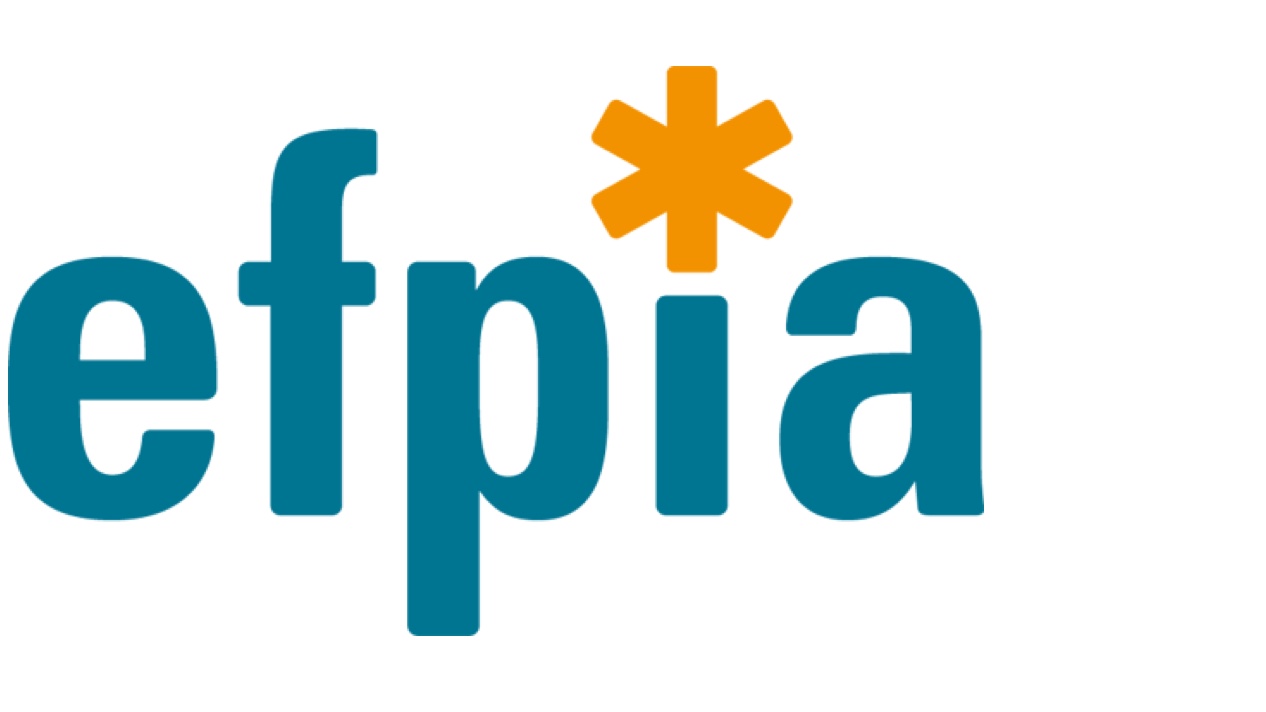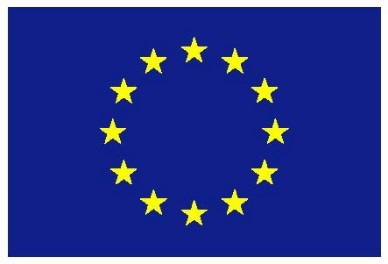Mathematical models of infectious diseases are used to gain understanding of complex systems and provide a framework for making projections under different scenarios.
EBOVAC1 modelling
Modelling work is being carried out alongside the EBOVAC1 clinical trials to assess trends in the incidence of new cases of Ebola Virus Disease and provide accurate predictions of future occurrence in space and time.
These models are being used to inform the design of the Phase 3 Ebola trial, evaluate ongoing changes in the spread of the disease, and give real-time up-dates relating to the duration of the trial and potential study sites. They can also be used to analyse challenges in recruiting trial participants and to understand indirect effects of the trial. These models can then be used to evaluate alternative vaccination strategies.
Models using data from phase 1 and 2 studies are also being used to better understand the effect of the vaccine on the immune system and help define the optimal schedule of injections.
EBOVAC3 modelling
Modelling work being carried out as part of EBOVAC3 is being used to understand the effect of natural infection and vaccination on the immune system (within-host), as well as to assess the spread of Ebola Virus Disease and the impact of different vaccination policies on transmission (between-host).
Using a combination of within-host and between-host models, this research aims to develop a model of the immune response to vaccination and exposure to Ebola virus after vaccination, propose vaccine strategies for EVD in an epidemic context, and improve the response to future outbreaks. It also incorporates socio-demographic data from research carried out in Guinea during the West African Ebola outbreak to develop an individual-based network model that can simulate the spread of Ebola in this context and serve as the basis for evaluating vaccine strategies.



